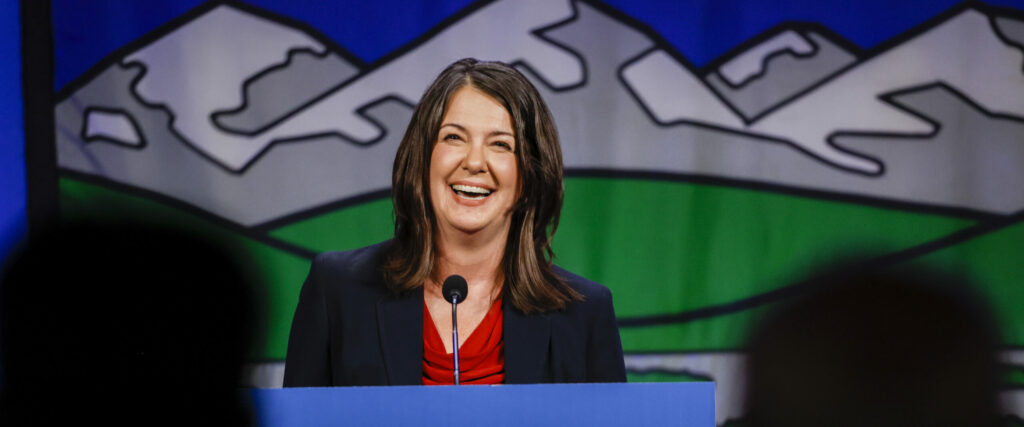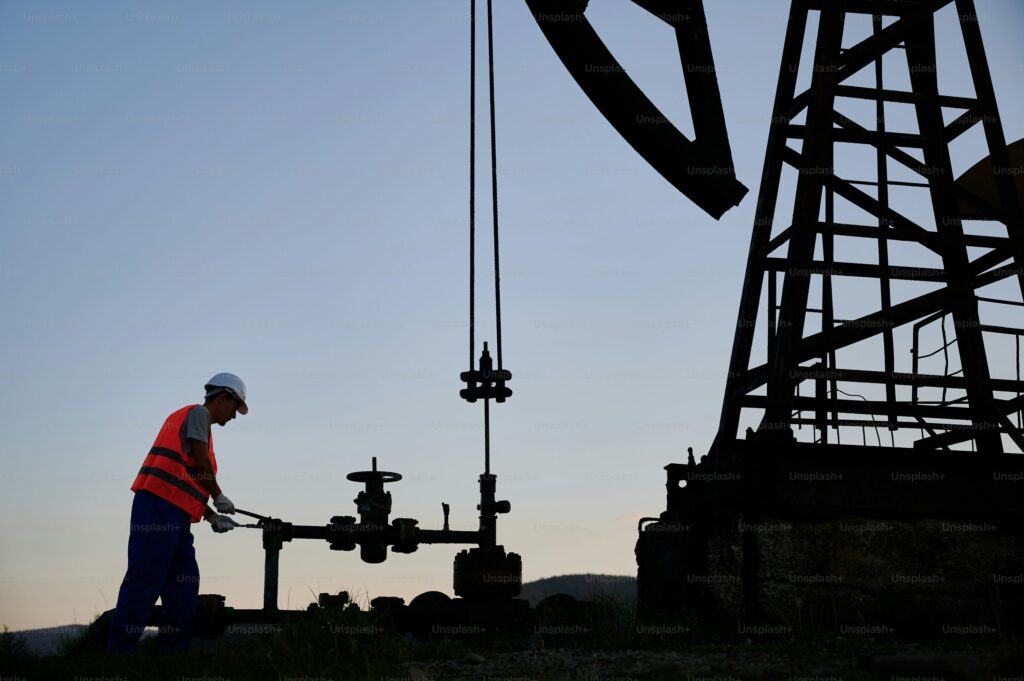Strange news from BC, which specializes in the stuff. Premier John Horgan, ardent advocate of carbon taxes and foe of pipelines, says if gas prices keep rising the government will consider “some relief” for those who can’t afford record prices (almost $1.64 a litre on Thursday in Metro Vancouver). On Monday, BC’s provincial carbon tax went to $40/tonne, twice the new federal levy, but the Globe & Mail reports that “Horgan said he can’t explain a 12 cent a litre increase and perhaps the industry should invest more in refineries and the federal government should invest more in supply.” And maybe in pipelines to deliver the supply. Oh wait…
As Dan McTeague, now an analyst with GasBuddy.com and formerly an MP prone to denouncing gas company collusion whenever gas prices rose, reminded people, in BC “You’re paying over 52 cents a litre in taxes to the federal, provincial, carbon and TransLink taxes” which is some 18 to 20 cents more than most provinces. Big mystery why gas is expensive there, then.
The opposition Liberals did the usual thing of claiming the government didn’t care about the poor while agreeing that gas must be priced out of reach to save the environment except not if it gets too expensive which it must.
Then the provincial NDP Environment Minister said it wasn’t them at all, they’d been putting carbon tax revenue toward various affordability measures and besides the Liberals hiked gas taxes 15 cents and we only added 2 cents. All of which is very strange because their position is that it’s good to make gas too expensive for people to keep using, yet they vocally insist that they did not do and would not do what they insist must be done. Their position seems to be that it worked but they didn’t do it and should get credit.
The Globe story went on to belabour the obvious, regrettably necessary in such cases, quoting “Nic Rivers, Canada Research Chair in Climate and Energy Policy at the University of Ottawa” that incentives matter and that, in the Globe’s paraphrase, “B.C.’s carbon tax has already prompted many people to ditch their cars for bikes and transit alternatives.” Which was, again, the whole point. Rivers’ calculation is that when the BC carbon tax reached $30/tonne 2012 it reduced emissions somewhere between five and 15 percent (reminding us that computer modeling of the economy is about as reliable as computer modeling of climate.) His and other studies, Rivers says, “suggest consumers have indeed reduced their consumption of gasoline and natural gas as prices go up. Which isn’t surprising.”
No. Not even slightly. What would be surprising is if higher prices did not make people buy less of something (except “status” luxury goods). The question is how much less and here the problem is “price elasticity of demand”. Because fossil fuels are so essential to virtually everything we have and do, there’s very little way to use less of them, so instead we cut back on other things. As Rivers also noted, biking to work or taking the bus isn’t as practical in rural BC as downtown Vancouver. And in fact there is serious doubt that BC’s carbon tax has achieved the great results frequently ascribed to it by the all gain and no pain crowd.
In point of fact the result has been pain at the pump and little or no reduction in emissions, except of goofy rhetoric. The whole point of the carbon tax is to make gasoline unaffordable, and when it works, its architects go whaaaaa?



The 52 cents per litre of gas that you say is taxes - that's only the DIRECT taxes on gasoline in B.C.! There is a whole swath of indirect taxes built into the price of gasoline that producers have to pay before it gets to the pump to be direct-taxed again. Tax on tax on tax.
If the oil stock comes from Alberta, there are royalties paid to the Alberta government. There are income taxes on all of the labour required to get the oil out of the ground, refined, and transported to the pumps, as well as the labour involved in retailing it. A lot of that labour is high-priced - engineers, geologists, rig pigs, etc. - taxed at a high marginal rate. Then there's property taxes that all of the businesses in the oil & gas business have to pay on their operations and headquarters. (Ask Calgary City Council these days how important that property tax revenue was to them, before much of it disappeared when pipelines could get built....) Once you separate out all of the revenues that government derives from the sale of a litre of gasoline from the revenues everyone else gets along the way, the government probably gets twice as much as everyone else combined. For doing nothing but impede the process!
Think about that for a minute: The oil & gas companies are constantly being accused of "gouging" consumers for doing the technologically very sophisticated and hard-labour task of getting the oil from 500m below ground to your tank, while the government gets a pass for doing nothing but taxing the product out of reach. The consumer is being duped, and the oil industry isn't even fighting back with infomercials.
These climate hypocritical ignoramuses, like Horgan, Trudeau, and Notley, pretend innocence, when the policies they apply bite AS THEY THEMSELVES IMPLEMENTED THEM TO DO! This ignorance of CO2, its essential nature to life, and its insignificant effect on climate has been based on the flimsiest of science. It is a one-ton "cure" for a one-ounce problem. It was political right from the start. The widespread adoption by the left continues to this day. It's misanthropic and follows the same misguided thinking that produced population paranoia in "Limits to Growth" forty years ago. It is a watermelon environmental policy - green on the outside and red on the inside. And the UN bureaucrats admit this while the media ignore it. "as IPCC official Ottmar Edenhofer admitted in November 2010, “…one has to free oneself from the illusion that international climate policy is environmental policy. Instead, climate change policy is about how we redistribute de facto the world’s wealth...”"
Then how the hell did they get in that much debt?
CO2 is 0.04 % of our atmosphere
it was 0.03 % a century ago
anyone who claims that our climate has changed because of this insignificant increase is a charlatan
QED
Carbon taxes are intended to be given to the UN where they can bribe third world countries off petroleum. Expensive, unreliable, and limited energy is the best way to prevent their economies form expanding. Control the energy and you control the people. The UN wants to control the world's population which means keeping them in poverty. Keeping industry from fleeing the developed world and using cheap labour where environmental regulations are minimal.
Surely, you are describing China, which makes most of the stuff the rest of us buy and use!